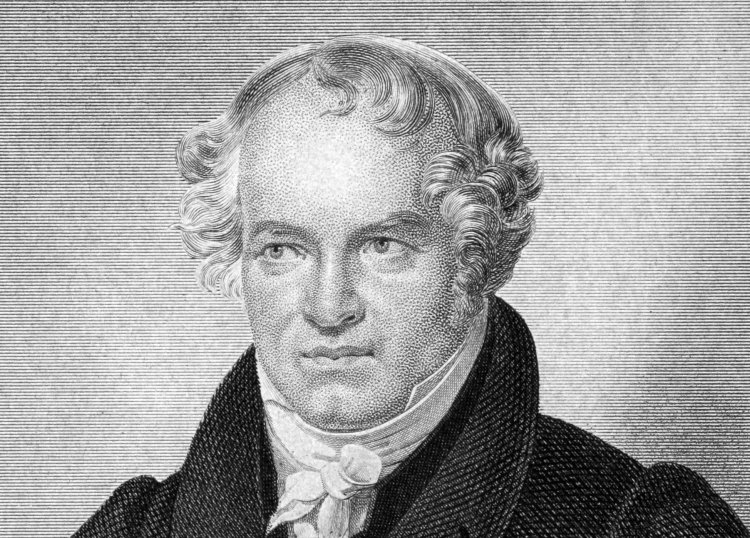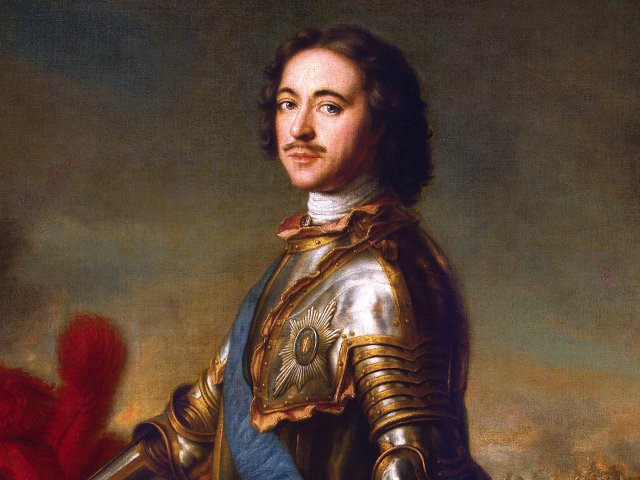Man must will the good and the great.
Alexander von Humboldt
The great German scientist, traveler, naturalist, philosopher, geographer and one of the founders of physical geography as an independent science, Alexander von Humboldt was born on September 14, 1769. He was nicknamed Aristotle of the 19th century for his vast knowledge, and the second Columbus for his voyage to the New World (the so-called second discovery of America). Humboldt's contemporaries called him a genius and considered him to be the most famous person after Napoleon. The lectures of the scientist were attended both by the nobility and ordinary workers, because he was a multi-talented man and could interest any listener.
Humboldt's studies primarily focused on man and nature and had an enormous impact on the scientific world.
In addition to physical geography, Humboldt is considered to be the founder of several other scientific disciplines, such as landscape science, plant geography, climatology, and geomagnetism.
Alexander Humboldt collected an enormous amount of information about the many countries he visited, and his botanical and zoological collections are the envy of any naturalist.
Humboldt described the maritime and continental climate and established the nature of their difference, developed the method of isotherms, studied the atmospheric air with Gay-Lussac, introduced the concept of sphere of life into science, which later transformed into the term of the biosphere. And this is only a small part of the scientist's merits. Read more about the biography and scientific achievements of Alexander von Humboldt in our article.
Photo: Engraved by F.Scober and published in Meyers Konversations-Lexikon, Germany,1859 / candyman / 123RF






















